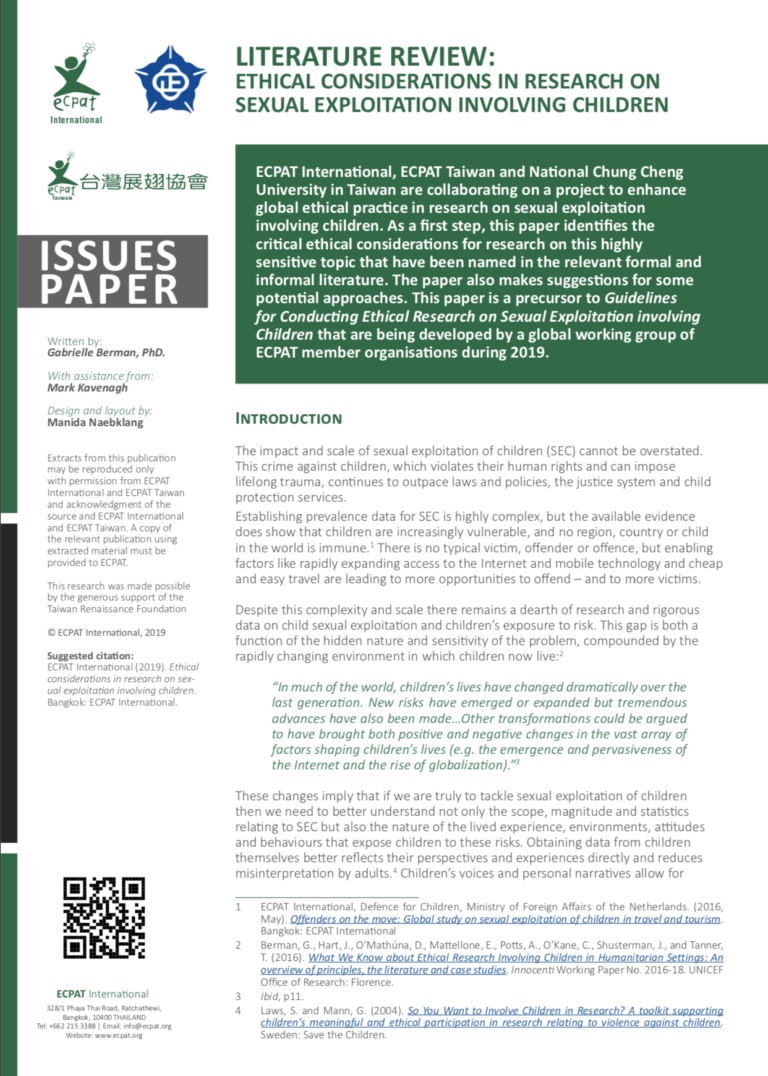COVID, ESGs and Going to the Moon: How Business Can Unite to Eliminate Forced Labour
COVID-19 resourcesGuidanceOn the surface, this statement may seem like just another contribution to the world of hyperbole. A Drug-free ASEAN by 2015 anyone? The difference here is that we are dealing with practices that the vast majority of people consider have no place in ...Read More

